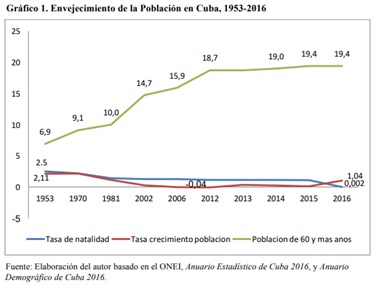
by Ana Marjanović Rudan *
The idea of participatory democracy pertains to involvement of the civil society – think tanks, activist organisations and other actors – at all levels of policy cycles, via employment of instruments such as debates, expert consultations, participation in working and advisory bodies and others. Its goal is to enable the inclusion of non-governmental actors in development and implementation of governmental policies, and its logic is based on the premise that the policies and the decisions made with participation of the representatives of various interest groups and non-governmental experts render the social consensus necessary for continuity and sustainability of policies in any sphere of life. In this way, the participation of citizens in part addresses the shortcomings of the representative democracy which limits the role of the citizens to intermittent voting.
The practice of inclusion of think tanks and activist organisations in what is traditionally viewed as “the business of the state” is slowly taking off in the Western Balkans, at both local and national levels. It requires, on the one hand, that the capacities of activist organisations, think tanks, business associations, trade unions and other potential non-governmental participants are sufficiently developed to clearly formulate their policy proposals and interventions, and advocate for their adoption.
On the other hand, civic participation requires that the public servants and government officials recognise its benefits enough to step out of traditional behaviour patterns and actively seek the non-governmental contribution. Given the traditionalist political culture in the region, the constraints of the resources of the Western Balkans central and local public administrations and the relative novelty of the concept of civic participation, in the absence of unambiguous legal obligation, it is up to the civil sector to ensure its own inclusion in the policy processes and the actual impact of its contributions.
- Hits: 5676
 Paseándome por los espacios académicos colombianos, en ocasión del encuentro del Grupo Iberoamericano de Discernimiento Teológico Pastoral en la Universidad Javeriana, tuve la oportunidad de contactar algunos amigos con cierta influencia política, provenientes de diversas tendencias, en la búsqueda de enseñanzas prácticas de la experiencia colombiana. En este análisis, mi punto de partida será el rechazo popular a los acuerdos de paz fraguados entre Santos y las FARC, transfigurado en la victoria del “NO” en el evento electoral del 2 de octubre de 2016. En el proceso participé como observador invitado por la Registraduría Nacional y el Consejo Nacional de Colombia. La premisa básica es que ese día se definieron los parámetros para diseñar cualquier estrategia de los factores en pugna dirigida a ganar la Presidencia de la República.
Paseándome por los espacios académicos colombianos, en ocasión del encuentro del Grupo Iberoamericano de Discernimiento Teológico Pastoral en la Universidad Javeriana, tuve la oportunidad de contactar algunos amigos con cierta influencia política, provenientes de diversas tendencias, en la búsqueda de enseñanzas prácticas de la experiencia colombiana. En este análisis, mi punto de partida será el rechazo popular a los acuerdos de paz fraguados entre Santos y las FARC, transfigurado en la victoria del “NO” en el evento electoral del 2 de octubre de 2016. En el proceso participé como observador invitado por la Registraduría Nacional y el Consejo Nacional de Colombia. La premisa básica es que ese día se definieron los parámetros para diseñar cualquier estrategia de los factores en pugna dirigida a ganar la Presidencia de la República.

 Estamos frente a una emergencia nacional y necesitamos desesperadamente quien nos venga arreglar este camión destartalado, sin dirección y sin frenos, que desde hace rato viene rodando pen-diente abajo hacia el fondo del cañón. De poco le servirá a Colombia hoy el charlatán promesero, el mecánico chambón o el cazador de fortunas. La emergencia requiere profesionales especializados que, además, den garantía de absoluta honradez.
Estamos frente a una emergencia nacional y necesitamos desesperadamente quien nos venga arreglar este camión destartalado, sin dirección y sin frenos, que desde hace rato viene rodando pen-diente abajo hacia el fondo del cañón. De poco le servirá a Colombia hoy el charlatán promesero, el mecánico chambón o el cazador de fortunas. La emergencia requiere profesionales especializados que, además, den garantía de absoluta honradez.